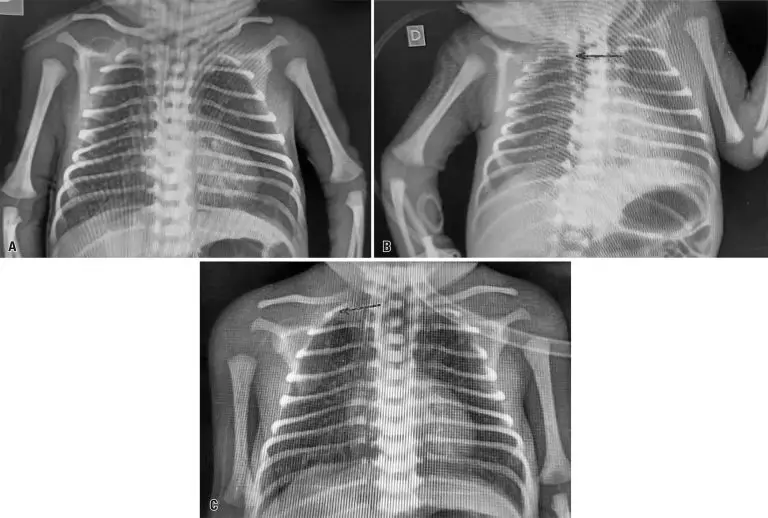02/jul/2025
Cardiac tamponade in a newborn caused by a peripherally inserted central catheter: case report
DOI: 10.31744/einstein_journal/2025RC0634
ABSTRACT This article describes the occurrence of cardiac tamponade in a premature newborn after the use of a peripherally inserted central catheter at a university hospital in Brazil. Pericardiocentesis was performed, the catheter was repositioned using radiography, and minimal residual pericardial effusion was confirmed using echocardiography. The patient showed good progress and was discharged from the hospital on day 47 of life without any complications related to the event. Therefore, although adverse events may occur following the insertion of peripherally […]
Palavras-chave: Tamponamento cardíaco; Cateteres; Troca materno-fetal; Prematuro; Unidades de terapia intensiva; X-rays
21/out/2024
Uncomplicated circulatory shock: a narrative review
DOI: 10.31744/einstein_journal/2024RW0775
ABSTRACT Circulatory shock is a common fatal condition. Despite this, information on this syndrome in the current medical literature is fragmented and esoteric. Adherence to each basic element of care can have a profound impact on patient outcomes. Disturbances in pumping (cardiogenic), content/container relationship (hypovolemic and vasoplegic), or blockage in blood circulation (obstructive) can induce tissue hypoperfusion, causing hemodynamic shock. If not quickly reversed, hypoperfusion progresses to irreversible multi-organ failure. The course can be fatal even before reaching this stage […]
Palavras-chave: Adrenal insufficiency; Anafilaxia; Débito cardíaco; Tamponamento cardíaco; Hidratação; Hemodynamic monitoring; Hemodinâmica; Unidades de terapia intensiva; Embolia pulmonar; Choque; Shock, cardiogenic; Choque hemorrágico; Shock, septic
01/jul/2011
Tamponamento cardíaco causado por cateter central de inserção periférica em recém-nascido
DOI: 10.1590/S1679-45082011RC1885
RESUMO Este artigo relata um evento adverso de tamponamento cardíaco associado a cateter central de inserção periférica em recém-nascido prematuro. A abordagem foi punção pericárdica que reverteu o quadro de parada cardiorrespiratória. O recém-nascido apresentou boa evolução clínica e recebeu alta hospitalar sem complicações associadas ao evento.
Palavras-chave: Cateteres; Prematuro; Recém-nascido; Relatos de casos; Tamponamento cardíaco


